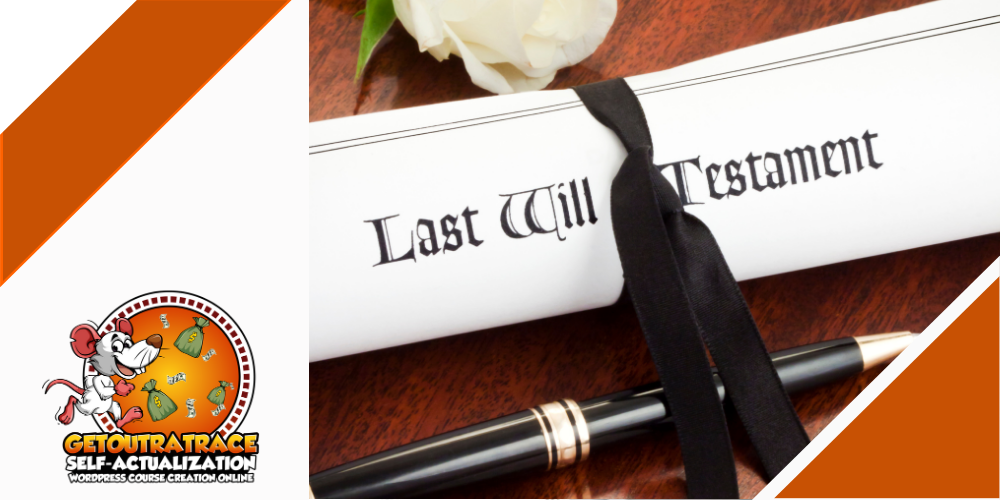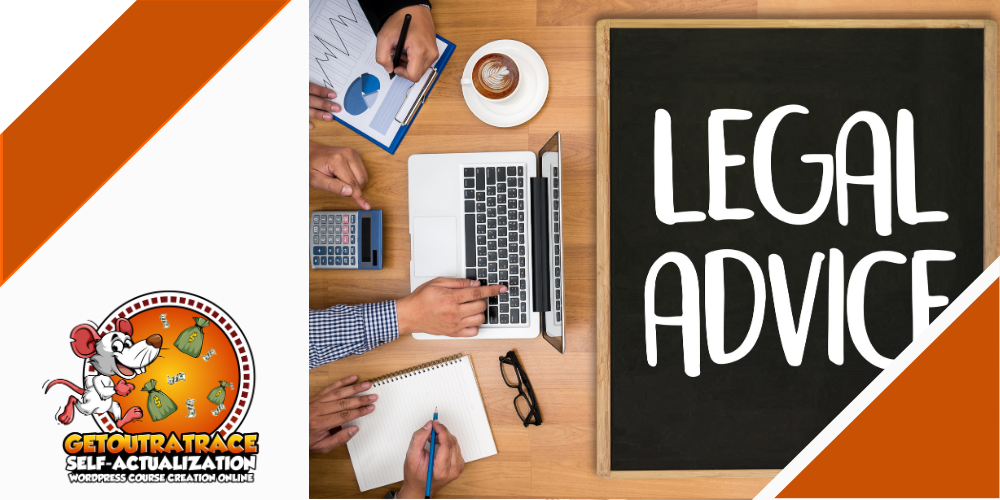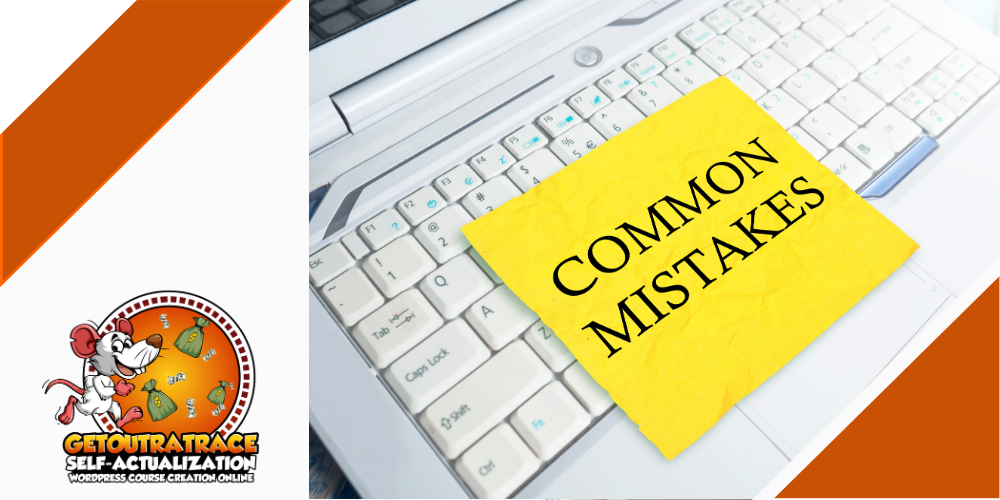SELF ACTUALIZATION
Create a website platform from your passion.
Like a driver’s license, it unlocks numerous opportunities for monetization.
Phone number
07729 866 544

Hey there! Ready to dive into the world of estate planning? It might not sound like the most thrilling topic, but trust me, understanding the basics of estate planning is crucial for everyone, no matter your age or wealth. In this article, we’ll break down everything you need to know about estate planning, from the nitty-gritty details to why it matters so much.
Alright, let’s start with the basics. Estate planning is essentially the process of arranging for the management and distribution of your assets after you pass away. But it’s not just about divvying up your stuff – it’s also about making sure your loved ones are taken care of and your wishes are carried out.
Now, there are a few misconceptions about estate planning that we need to clear up. First off, you don’t have to be ultra-rich to need an estate plan. Even if you don’t have millions of dollars in the bank, you still have assets that need to be managed and distributed. Plus, estate planning isn’t just for old folks – it’s something that everyone should think about, no matter their age.

Ah, the good ol’ last will. This little document is like the cornerstone of your estate plan. It lays out who gets what when you’re gone, and it can also designate guardians for any minor children you have. If you want a say in what happens to your stuff after you’re gone, you need a will.
Now, let’s talk about trusts. There are a couple of different types – revocable and irrevocable – but they both serve the same basic purpose: to manage and distribute your assets according to your wishes. Trusts can be super useful for things like avoiding probate, minimizing estate taxes, and providing for loved ones with special needs.
Next up, we’ve got the power of attorney. This little document gives someone else the authority to make financial and healthcare decisions on your behalf if you become incapacitated. It might not be the most fun thing to think about, but trust me, having a power of attorney in place can save you and your loved ones a lot of headaches down the road.

Last but not least, we’ve got beneficiary designations. These come into play for things like life insurance policies, retirement accounts, and investment accounts. They determine who gets the proceeds of these accounts when you pass away. And here’s the thing – they can override your will, so it’s important to make sure they’re up to date.
Hey, young adults – I’m talking to you! I know estate planning might be the last thing on your mind right now, but trust me, it’s important. Even if you don’t have a ton of assets yet, having a plan in place can save your loved ones a lot of hassle if something were to happen to you.
For couples and families, estate planning is all about making sure your loved ones are taken care of – both now and in the future. Whether you’re planning for your kids’ college tuition or making sure your spouse is provided for after you’re gone, having a solid estate plan in place can give you peace of mind.

As we get older, estate planning becomes even more important. It’s not just about divvying up your assets – it’s also about planning for retirement, addressing healthcare needs, and leaving a legacy for future generations. Whether you’re planning to travel the world in your golden years or pass down your family’s heirlooms, having a comprehensive estate plan in place can help make sure your wishes are carried out.
Alright, let’s talk taxes. Estate taxes are taxes that are levied on the value of your estate when you pass away. But here’s the thing – most folks don’t have to worry about them. There’s a pretty high threshold for estate taxes, so unless you’ve got millions of dollars in assets, you probably won’t owe any estate taxes.
That being said, there are still some strategies you can use to minimize your tax burden. Gifting, charitable giving, and setting up certain types of trusts can all help reduce the size of your estate and lower your tax liability. Plus, working with a knowledgeable estate planning professional can help ensure you’re taking advantage of all the tax-saving opportunities available to you.

Alright, let’s talk about the importance of working with professionals. Estate planning can be complex, and there are a lot of potential pitfalls you’ll want to avoid. That’s why it’s important to have a team of experts on your side – including estate planning attorneys, financial advisors, and tax professionals – to help guide you through the process.
Now, choosing the right professionals can be a bit daunting, but don’t worry – I’ve got some tips to help you out. First off, make sure you’re working with someone who specializes in estate planning. Estate planning laws can vary from state to state, so it’s important to find someone familiar with the laws in your area. And of course, make sure you’re comfortable with whoever you choose – you’ll be sharing some pretty personal information with them, after all.
Alright, here’s the thing – estate planning isn’t a set-it-and-forget-it kind of deal. Life changes and your estate plan needs to change with it. That’s why it’s important to review and update your estate plan regularly – ideally, at least every few years or whenever you experience a major life event.
So, what kind of life events might necessitate updates to your estate plan? Well, things like getting married or divorced, having children or grandchildren, buying or selling property, and experiencing changes in your financial situation can all warrant a review of your estate plan. If anything major happens in your life, it’s probably a good idea to take another look at your estate plan.

First and foremost, don’t make the mistake of skipping out on estate planning altogether. I know it’s not the most exciting topic, but trust me, having a plan in place can save your loved ones a lot of hassle and heartache down the road.
Another common mistake to avoid is failing to keep your beneficiaries and legal documents up to date. Remember, beneficiary designations can override your will, so it’s important to make sure they’re current. And don’t forget to update your will and other legal documents whenever your circumstances change.
Last but not least, don’t forget about your digital assets. In today’s digital age, most of us have at least a few online accounts – think email, social media, banking, and more. Make sure you have a plan in place for how these assets will be managed and distributed after you’re gone.
Phew, we covered a lot of ground here! But hopefully, you’re feeling a bit more informed and empowered when it comes to estate planning. Remember, it’s never too early to start planning for the future, and having a solid estate plan in place can give you peace of mind knowing that your loved ones will be taken care of. And hey, if you need a little help along the way, don’t hesitate to reach out to a team of professionals who can guide you through the process.

Get notified about new ways people monetize their passions and more. Free digital products coming soon.